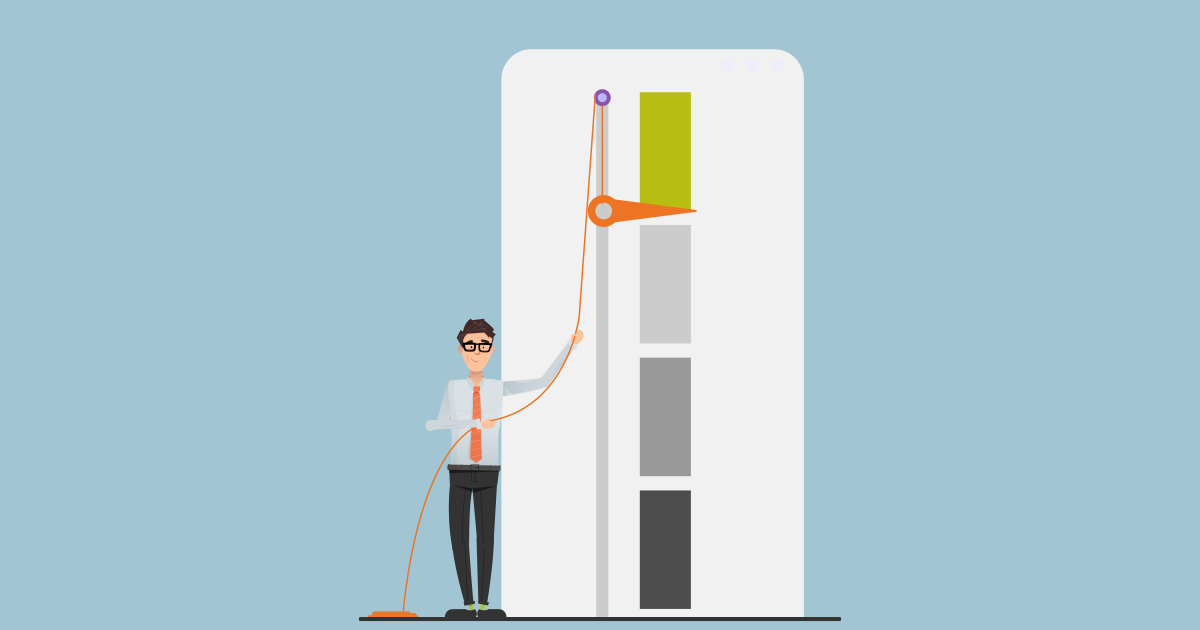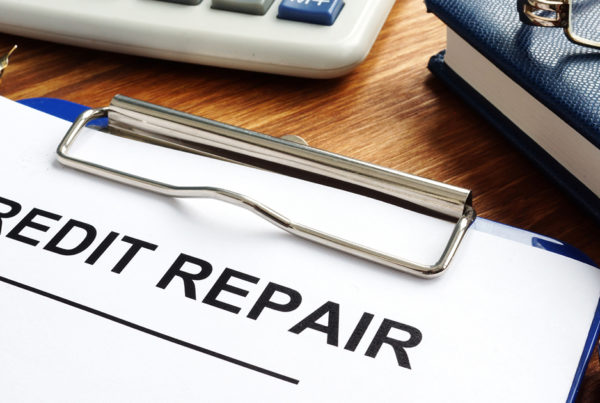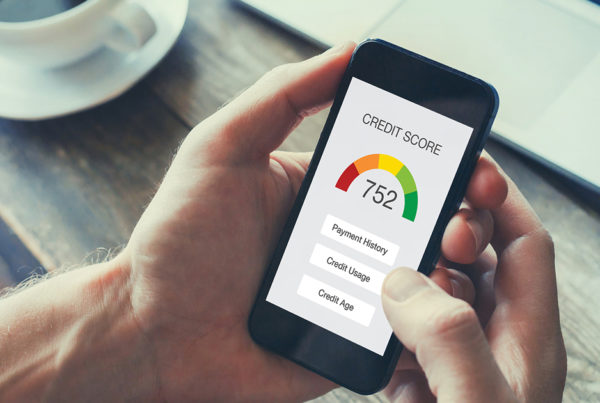Now that we are several months into the coronavirus pandemic and countries around the world are cautiously working to reopen their economies, you may be wondering how COVID-19 impacts your credit score. Here’s a run-down of what you need to know about the coronavirus and your credit score.
How your credit score is calculated is staying the same
Need some consistency in your life? Want one thing to NOT change? Well, then, we have good news for you: the way your credit score is calculated is staying the same.
Your credit score, which lenders use to determine how likely you are to repay your debts, consists of 35% payment history, 30% level of debt, 15% age of credit, 10% types of credit and 10% credit inquiries. A credit score of 850 is considered “excellent” and a “good” credit score is anywhere in the range of 700 to 749. A score of 658 to 719 puts you somewhere in the middle of the consumer pack.
P.S. Did you know you can get free credit reports on a weekly basis for the next year due to the COVID-19 pandemic? Check out the details here.
Things that may make your credit score decline
Since it makes up the biggest portion of your credit score, making payments (or missing them) can have the most impact your score. Additionally, if your income goes down (either temporarily or long-term), your debt-to-income ratio increases, which also makes your credit score go down. Protecting your credit during the COVID-19 pandemic isn’t impossible, but it will take some work and careful planning.
Here’s what you can do to maintain (or even improve!) your credit score during COVID-19:
- Keep making payments, even if it’s just the minimum. If you were making extra payments on your debt, now is the time to trim those down to the minimum. You may not pay off your debt as fast as originally planned, but it will help you continue to make payments, which is good for your credit score. If you can’t afford to make the minimum payment, talk to your lender or credit card company about your options. In some cases, a reduced monthly payment could be agreed upon in writing based on the options your lender offers and would then not reflect poorly on your credit score. Be sure to ask if your lender is reporting your account status as current or delinquent when setting up payment agreements.
- Consolidate debt to lower interest loans or credit cards. Not only do you get one monthly payment and one due date to remember, but you can also pay less in interest when you move your debt to one, lower rate loan or credit card.
- Work with your bank/credit union or credit card company. If you’ve lost your job, many financial institutions (like Verve!) offer the option to skip your loan payments. You may also be able to make interest-only payments on your auto or mortgage loans or qualify for paycheck replacements loans.
Now that you know how COVID-19 impacts your credit score, take some time to make adjustments. Please call us at 800.448.9228 (Wisconsin) or 312.491.7000 (Chicago) if you have questions or would like one of our team members to review your financial situation and make recommendations to help you maintain or improve your credit score.
It’s Verve’s goal—in line with our guiding seven Cooperative Principles—to address community needs to develop a strong, sustainable future. Verve is committed to keeping our community financially fit by providing a variety of ways to help our members make it through the coronavirus pandemic. Help your friends and family protect their credit during the coronavirus pandemic by sharing this blog post.






 Federally Insured by NCUA |
Federally Insured by NCUA |  Equal Housing Opportunity |
Equal Housing Opportunity |